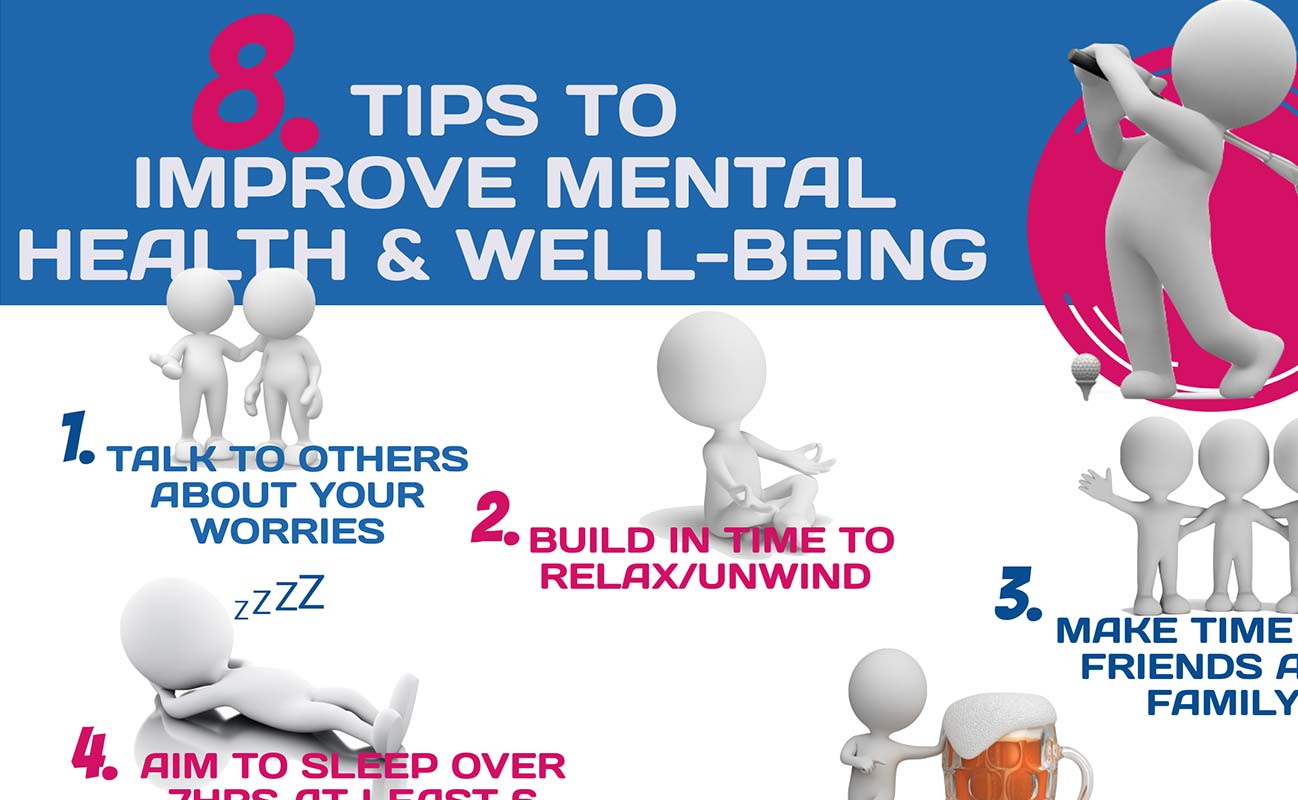Discover this resource: Steele, C. M., & Aronson, J. (1995 ). Stereotype risk and the intellectual test efficiency of African Americans. Journal of Character and Social Psychology, 69( 5 ), 797811. Discover this resource: Stryker, S. (1980 ). Symbolic interactionism: A social structural variation. San Francisco, CA: Benjamin/Cummings. Find this resource: Compound Abuse and Mental Health Solutions Administration, Center for Behavioral Health Stats and Quality.
The NSDUH report: Cigarette smoking and psychological disease. Rockville, MD: Author. Find this resource: Sullivan, P. F. (1995 ). Death in anorexia nervosa. American Journal of Psychiatry, 152( 7 ), 10731074. Find this resource: Thoits, P. A. (1985 ). Self-labeling processes in mental health problem: The function of psychological deviance. American Journal of Sociology, 91, 221249.
A. (2010 ). Tension and health significant findings and policy ramifications. Journal of Health and Social Behavior, 51( 1 Suppl.), S41S53. Discover this resource: Turner, R. J., Wheaton, B., & Lloyd, D. A. (1995 ). The epidemiology of social tension. American Sociological Review, 60, 104125. Find this resource: Vancampfort, D., Vansteelandt, K., Correll, C.
Excitement About How Do Genes Affect Mental Illness Examples
J., De Herdt, A., Sienaert, P.,. De Hert, M. (2013 ). Metabolic syndrome and metabolic abnormalities in bipolar affective disorder: A meta-analysis of prevalence rates and mediators. American Journal of Psychiatry, 170, 265274. Discover this resource: Wahl, O. F. (1995 ). Media madness. New Brunswick, NJ: Rutgers University Press. Find this resource: Wahl, O (how does dietary practices affect your physical).
( 1999 ). Mental health customers' experience of stigma. Schizophrenia Bulletin, 25( 3 ), 467478. Discover this resource: Walker, E. R., McGee, R. E., & Druss, B. G. (2015 ). Death in psychological disorders and global illness burden ramifications: A methodical evaluation and meta-analysis. JAMA Psychiatry, 72( 4 ), 334341. Find this resource: Whatley, C. D. (1959 ).
Social Issues, 6( 4 ), 313320. Find this resource: Wright, E. R., Gronfein, W. P., & Owens, T. J. (2000 ). Deinstitutionalization, social rejection, and the self-confidence of previous mental patients. Journal of Health and Social Behavior, 41, 6890. Discover this resource: Xiong, G. L., Bermudes, R. A., Torres, S. N., & Hales, R.
Things about How Does Sleep Affect Mental Health?

( 2008 ). Usage of cancer-screening services amongst individuals with severe mental disorder in Sacramento County. Psychiatric Solutions, 59( 8 ), 929932. Discover this resource: Yarrow, M. R., Schwartz, C. G., Murphy, H. S., & Deasy, L. C. (1955 ). The psychological meaning of mental disorder in the household. Journal of Social Issues, 11( 4 ), 1224. (p.
Mental disorder, stigmatization, discrimination, help-seeking Scientists commonly recommend that the stigma connected to psychological health problem is one of the significant confounding elements in aid looking for from psychological health experts. Mental disorders are medical conditions that interrupt a person's thinking, sensation, mood, capability to connect to others, and daily operating [1].
There are a number of distinct constructs that comprise stigma. These consist of stereotype, bias, and discrimination. A stereotype is a belief held about a particular group of people. For instance, thinking that all people with an identified mental health problem threaten is a stereotype. Prejudice is an arrangement with the stated stereotype that leads to a negative emotional response [4].
The Ultimate Guide To How https://plattevalley.newschannelnebraska.com/story/42179963/boca-raton-drug-treatment-center-offers-tips-on-choosing-the-right-rehab-center Does Social Media Negatively Affect Your Mental Health
An example of bias may be concurring that individuals with mental health problem are indeed hazardous, triggering a psychological reaction such as fear or anger. Discrimination is the behavioral response to prejudice, which may include, for example, preventing a person with mental disease because of the fear from the bias and the belief that the person is dangerous [4].
People with mental illness were believed to be mentally retarded, a public problem, and hazardous. Less than half of the individuals thought that such people website might be treated outside of a health center and just 25% believed that they might work routine jobs. Poor knowledge about mental disorder likewise was widespread among the participants.
Just 17% reported that they might preserve a friendship with an individual with a mental disorder. The authors concluded that there is bad understanding about the cause and nature of psychological disease which education is needed so that stigma towards those with a psychological illness can decrease [6] Stigma is specified as a combination of perceived dangerousness and social distance.
6 Easy Facts About How Does Diabetes Affect Mental Health Explained
Wherever they go, whatever they do, the pressures of conforming to a society that neither accepts nor understands them can be frustrating. The impact of preconception need to seem to be as hard to get rid of as the direct effects of the disease itself [7] Just by completely understanding the origins of stigma can society's views towards individuals with psychological disease be altered.
These individuals are also thought to be extremely unsafe by others in society [8] Throughout the primitive period, mental illness was straight connected to religious beliefs. Hinshaw and Cicchetti 9 discussed that going back 500,000 years people put circular holes in the skulls of individuals believed to have a mental disorder in order to let the wicked spirits out.
In the early Greek times the supernatural beliefs regarded as causes for mental disorder continued [10] In ancient Greece "Hippocrates thought that irregular behavior originated from internal bodily causes, particularly imbalances of the four standard fluids (yellow bile, black bile, phlegm, and blood) [9]. Hippocrates likewise thought that the brain was responsible for mental and emotional purposes.
What Does How Does Stigma Affect Mental Health Mean?
Society utilized exorcisms, torture, death by fire, and starvation to rid the individual of evil. Hospitals for the insane began to establish in the 16th century. The treatment in these asylums was cruel and inhumane [9] The fear of people with mental disorders in other places made the number of asylums increase.

Pinel demanded the elimination of chains on prisoners in asylums. He thought that physicians need to treat individuals with psychological illnesses [11] The early 20th century consisted of an increase in beliefs of a biological basis for mental disease, which Hinshaw and Cicchetti [9] described. The Psychological Health movement, which motivated the humane treatment of individuals detected with psychological illnesses, was established in 1908 [11,12].
The 2nd half of the 20th century concentrated on improving psychotropic medications and fighting stigmas [9] These treatments all stem from the biological model that was primary throughout this period of history. Deinstitutionalization, a period when asylums and institutions were closed and clients were moved into the neighborhood, got attention in the 1960's [9].
How Does Inclusion Affect Mental Health Things To Know Before You Buy
Making use of medications to treat mental diseases triggered a drop in the variety of patients in psychological medical facilities. Although there were numerous advantages to the deinstitutionalization procedure, a significant problem with this motion is that many of the clients were not prepared to function independently in the community because they had actually lived in institutions for the majority of their lives.
They were avoided by the basic population and often needed to rely on crime in order to support themselves. At this time, the government mandated the usage of community psychological health centers. By creating centers of look after the mentally ill, it was thought that they would have a better opportunity of becoming adapted into a regular role in society.
As of today there is not one correct technique of treatment nor is any one type the basic [10] Treatment, nevertheless, will not stop the forces of false information that lead to the development of preconception [9] In order to comprehend the relationship between preconception and psychological illness, the origins of preconception should be specified.